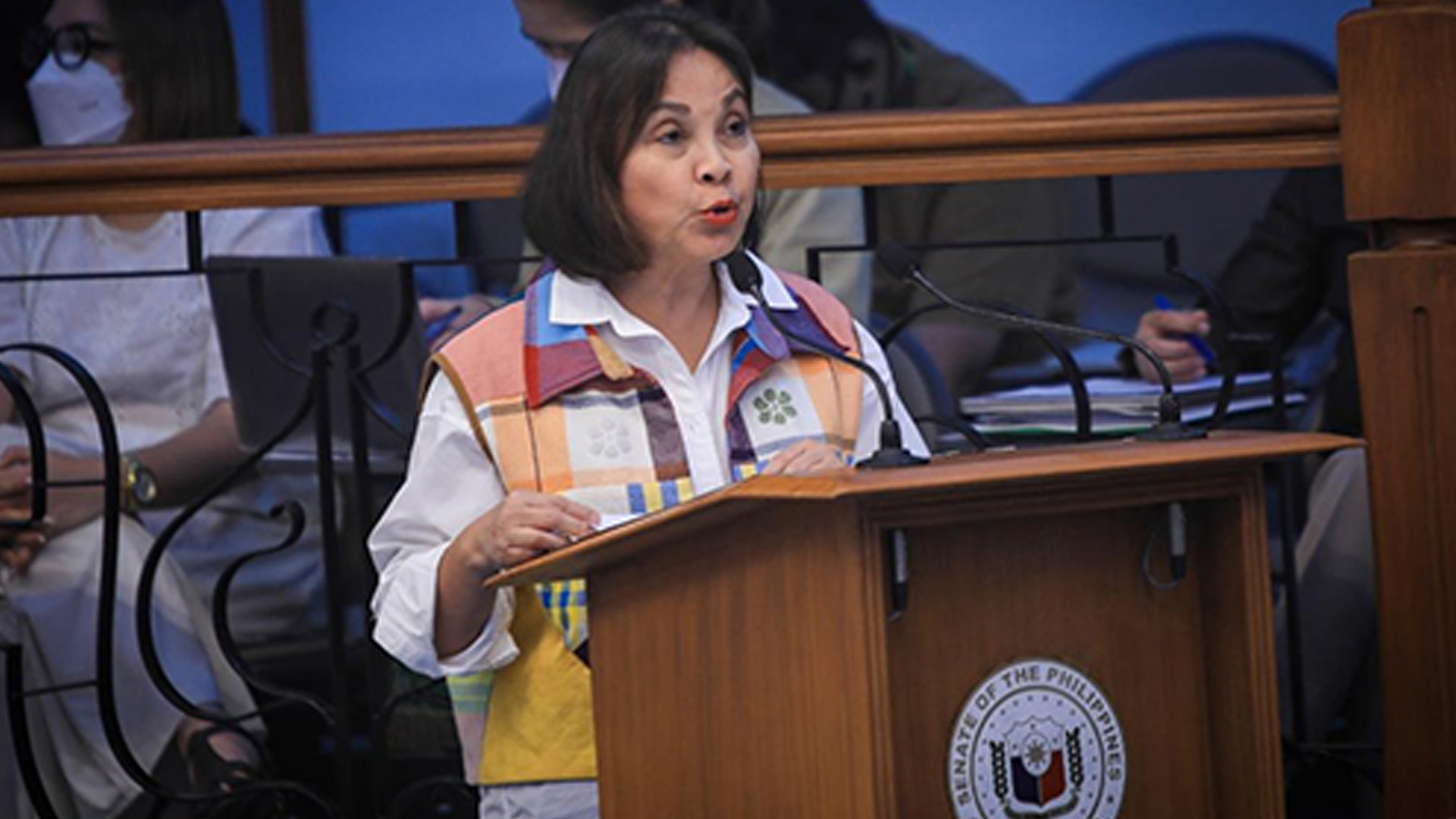Senator Loren Legarda has called for the strict and transparent implementation of recent increases in the benefit package provided by the Philippine Health Insurance Corporation (PhilHealth) to its members. These increases cover several medical services, including treatments for ischemic heart disease (coronary heart disease), emergency outpatient services, kidney transplants, and adjustments to 50% of select case rates. While the senator welcomes these reforms, she expressed concern over PhilHealth’s inconsistent execution.
“Although these reforms are welcome, we still need to see how PhilHealth will implement them effectively,” Legarda said.
“For instance, while there’s a 50% increase in select case rates, PhilHealth has not clarified which cases will be covered and how much will be allocated. This uncertainty only contributes to the lack of trust among PhilHealth members, who often delay seeking medical treatment until emergency situations arise.”
Legarda also pointed out that despite having PhilHealth coverage, many ordinary Filipinos feel insecure about going to the hospital.
“An ordinary Filipino, despite being covered by PhilHealth, feels insecure to go to the hospital because the amount PhilHealth will cover is often unidentified and, when provided, is often low,” she explained.
“As a result, their out-of-pocket expenses consume a substantial part of the bill. Poor patients, despite universal healthcare coverage, are forced to seek assistance from other government programs, such as Guarantee Letters, or resort to loans just to cover the remaining healthcare costs.”
The senator emphasized that PhilHealth’s success should be measured by the confidence of patients in seeking treatment, knowing that the public health insurer will meet their needs.
“True universal healthcare cannot exist if the coverage remains insufficient and uncertain,” she said.
Legarda also addressed the broader issue of PhilHealth’s priorities. She reminded the government corporation that its core mission should focus on providing accessible healthcare for all Filipinos, not on making financial investments.
“PhilHealth must reassess its organizational values and invest in our most valuable asset–our people’s health and trust,” she said. “Up to the extent allowed by law and prudent corporate health, every centavo should go towards healthcare services for Filipinos. Investments can be secondary and incidental, used to generate returns on unused funds, but the priority must always be spending on services that directly benefit the people.”
The senator emphasized that while the recent reforms are a step in the right direction, PhilHealth has yet to provide clear explanations on how the increases in benefits will lead to real improvements. She acknowledged the need for adjustments due to inflation and rising healthcare costs but stressed that these increases must be grounded in data.
“While a 50% increase may seem like a significant boost, for certain conditions, the actual costs of treatment should be a key consideration,” she noted. She further called for evidence-based decisions, urging PhilHealth to ensure that these reforms are not simply across-the-board increases but rather targeted to where they are truly needed.
Legarda also raised concerns about the financial burden on regular PhilHealth contributors, particularly with the ongoing mandatory deductions from workers’ salaries.
“The monthly contributions taken from the salaries of workers are significant, but we have yet to see a substantial increase in PhilHealth coverage,” she noted.
“Put yourself in the shoes of a person who has been paying PhilHealth for years, or even decades, and then when they finally need to use it, only 10 to 20% of their bill is covered? That person could have saved that amount and paid for their hospital expenses themselves — and for sure, the money they saved would have been more than what PhilHealth covered. It’s plain injustice, and it needs to be addressed.”
As the principal author and co-sponsor of Republic Act No. 10606, or the “National Health Insurance Act of 2013,” which expanded health coverage to indigents and the informal sector, Legarda expressed concern over the projected impact of the 2025 budget cut for PhilHealth.
“The government’s decision to cut PhilHealth’s budget will affect coverage for informal sector workers who depend on funding from the General Appropriations Act (GAA). With this funding now cut, we hope that regular contributors should not bear the burden of subsidizing health insurance for the informal sector. PhilHealth should ensure that other sources will be used to cover the costs,” Legarda emphasized.
Legarda also focused on the urgent need to address delayed reimbursements to hospitals and healthcare professionals, which continue to undermine the agency’s ability to serve its stakeholders effectively.
“Delayed payments demoralize medical practitioners and hospitals and can lead to increased costs for patients,” she said.
“PhilHealth must streamline its claims processing to ensure timely payments and reduce the financial burden on healthcare providers and patients alike.”
The four-term senator recommended several measures, including increasing the number of case officers to expedite claims, digitizing the application and reimbursement systems, and establishing a transparent reporting mechanism to track liabilities and improve operational efficiency.
Legarda also underscored the importance of improving the accessibility of healthcare services, particularly the PhilHealth Konsulta program. This primary care benefit package, which covers the cost of free annual check-ups, selected diagnostics, and medicines, is vital in ensuring that Filipinos have access to essential health services.
“Konsulta can greatly reduce the burden on hospitals and clinics, especially in underserved areas, but the current registration process is overly complex,” she noted.
Legarda called for the digitalization of registration processes and full integration of Konsulta with PhilHealth’s existing systems, eliminating redundant layers of registration and ensuring that services are easily accessible to all Filipinos.
Finally, the senator stressed the need for a comprehensive overhaul of PhilHealth’s operations to fulfill its mandate of universal healthcare.
“We must prioritize the health and well-being of our people over financial growth, streamline processes to improve service delivery, and ensure that the funds we allocate for healthcare are used effectively,” Legarda concluded.







